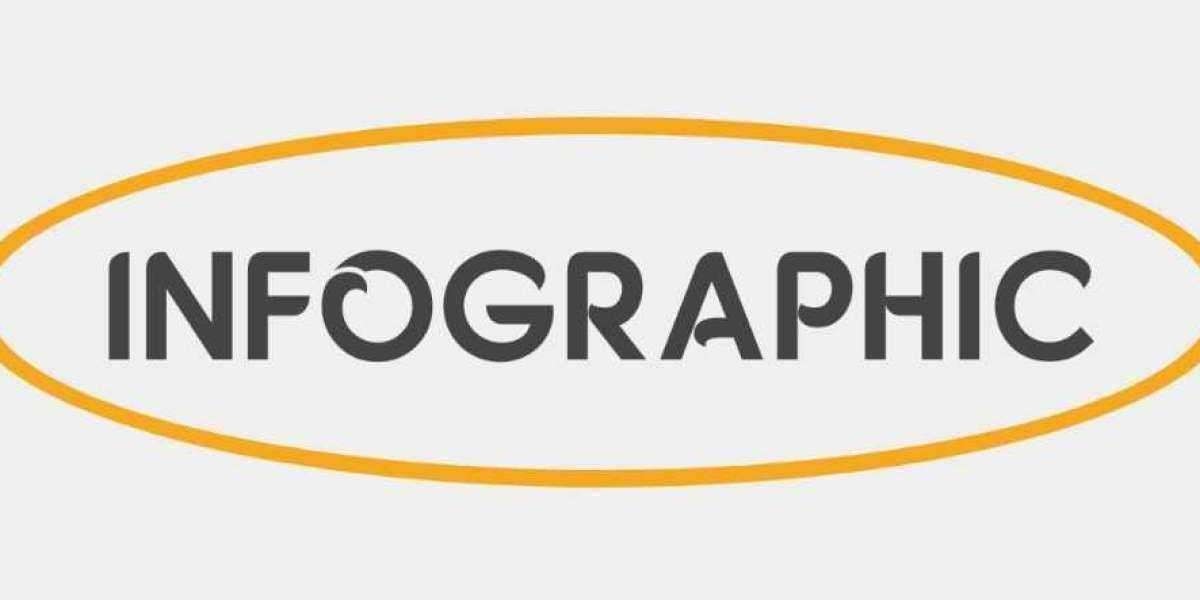Beyond the Mind: Understanding Stress Tracking Devices
Stress is a pervasive aspect of modern life, impacting both mental and physical well-being. These devices move beyond simple self-reporting, utilizing various biometric data points to assess the body's response to stressors. By offering a clearer picture of one's stress levels, these tools can empower individuals to better understand their body's signals and proactively engage in practices that support overall well-being and resilience.
One of the most common metrics is heart rate variability (HRV), which measures the beat-to-beat variations in heart rate. A higher HRV generally indicates greater adaptability and less stress, while a lower HRV can be a sign of chronic stress or fatigue.
They are equipped with sophisticated sensors that continuously or periodically collect the necessary biometric data. Electrodes may be used for more precise electrical heart activity measurements. The collected raw data is then processed by algorithms embedded within the device or a connected application on a smartphone or computer. These algorithms analyze the patterns and changes in the physiological signals to estimate stress levels, often presenting the information in an easy-to-understand format, such as a score, a color-coded indicator, or trends over time.
Applications in Personal Well-being
The insights provided by stress tracking devices can be valuable for individuals seeking to enhance their personal well-being. By observing their physiological responses, users can become more aware of what triggers their stress and how their body reacts. This awareness can motivate individuals to adopt stress-reducing strategies, such as mindfulness practices, meditation, regular physical activity, or improved sleep hygiene. For instance, a device might show that stress levels are consistently high after a certain daily activity, prompting the user to adjust their routine. While these devices are not medical diagnostic tools, they serve as powerful personal feedback mechanisms, encouraging a proactive approach to managing stress and promoting a healthier lifestyle.
Considerations and Future Directions
While stress tracking devices offer compelling benefits, it's important to approach them with a balanced perspective. The accuracy of the measurements can vary between devices and depends on factors like sensor quality and algorithm sophistication. Furthermore, these devices measure physiological responses, not necessarily the subjective experience of stress, which can be influenced by individual perception and coping mechanisms. Future developments in stress tracking technology are likely to focus on even greater integration with environmental data, personalized feedback loops, and advanced predictive analytics that could potentially offer real-time interventions or suggestions for stress reduction. As our understanding of stress and its physiological impact deepens, these devices are poised to become increasingly refined tools in the pursuit of holistic well-being.
Explore our latest reports
Clot Management Device Market Size, Trends, Growth Outlook 2035 |
Collateral Ligament Stabilizer Market Size, Growth Report 2035 | MRFR |
? Stay ahead in the healthcare industry. Browse our latest insights now!
About Market Research Future (MRFR)
Market Research Future (MRFR) is a global market research firm that provides comprehensive insights into market trends, drivers, challenges, and opportunities. We offer a broad range of market intelligence reports and consulting services to help businesses and enterprises in various industries make informed decisions
Media Contact:
Market Research Future (MRFR)
Phone: +1-646-845-9312
Email: contact@marketresearchfuture.com
Website: marketresearchfuture



